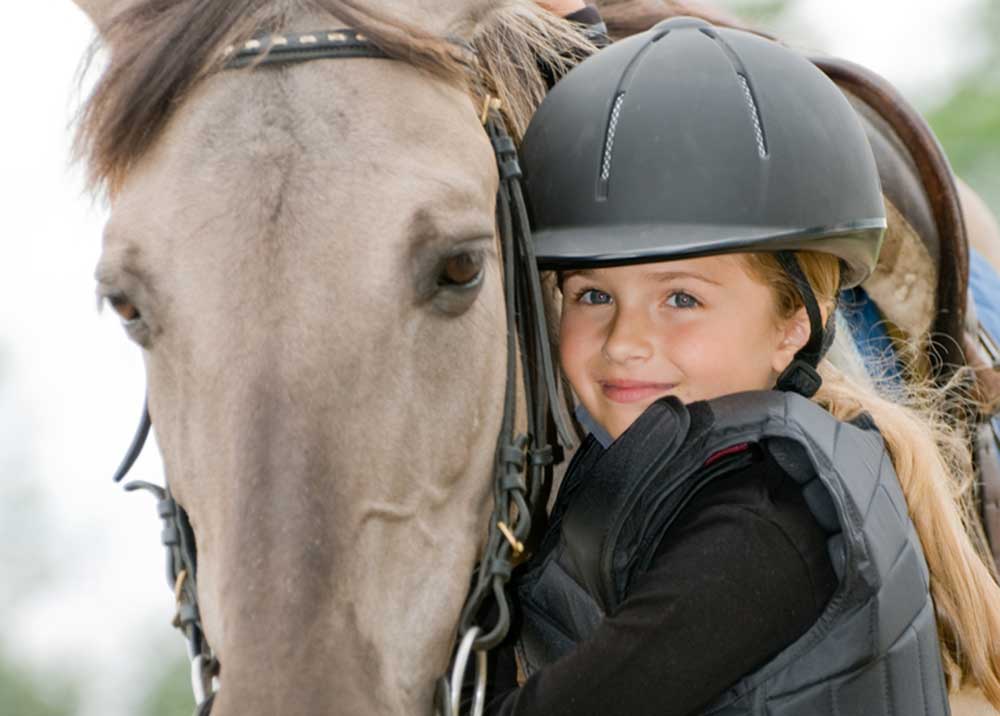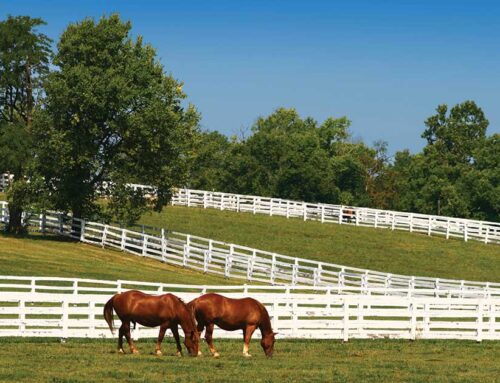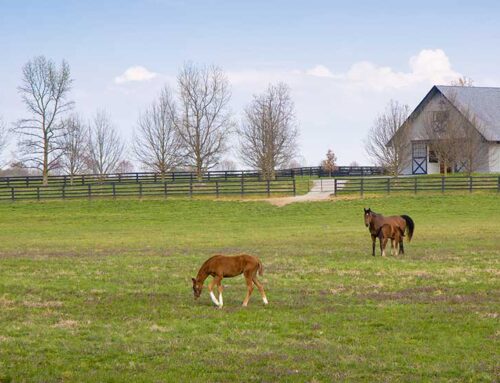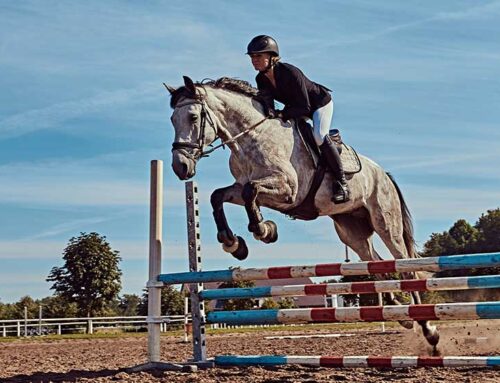It’s that time of year! Summer riding camps and clinics are most popular during the summer months. Make sure that these added activities are covered on your equine liability insurance or by your farmowners insurance policy.
Equine liability insurance is intended to protect the interests of the Named Insured. The policy will respond should there be a lawsuit resulting from an incident pertaining to the insured’s operations causing third party bodily injury or property damage. If these activities were not disclosed on your original application for insurance, you must notify your agent.
Day Camps
Typically, camps include a full day of riding and non-riding activities packaged into a week or several days. The insurance carrier will want details about your planned camp activities. Be prepared to answer questions regarding the instructor(s), supervision, age of campers, safety and emergency procedures, food provided, etc. Most equine activities are acceptable as would be arts and crafts, for example. However, there are certain activities that the insurance carrier may not permit, such as swimming, over night camps and other non-horse related functions. Day camp operations are rated differently than lesson programs; so again, disclose this activity to your agent.
Riding Clinics
This is another operation that must be disclosed to the insurance carrier as it differs from a lesson program. Instructors can add coverage for clinics to their general liability, commercial equine liability or their farmowners insurance policy. Liability follows the Named Insured; therefore the clinic can be held anywhere in the U.S. or Canada. If the clinic is not on your insured premises, the owner of the property where the clinic will be conducted will normally request a Certificate of Insurance from the insured clinician as proof that coverage is in place. The property owner may request an endorsement to add the owner as Additional Insured. Coverage is provided once you have added the public day to your policy.
In another scenario, as a stable or farmowner, you may decide to have an independent clinician (not an employee) who has their own liability insurance conduct a clinic on your premises. The clinician should be required to provide a Certificate of Insurance as proof of coverage.
Whether conducting clinics or camps, a properly drafted Release of Liability (hold harmless) Agreement must be completed and signed by all participants and/or the parent or guardian of a minor.
Do not hesitate to discuss all your equine insurance requirements and questions with your agent. Working with agents who specialize in this type of coverage is considered essential!






